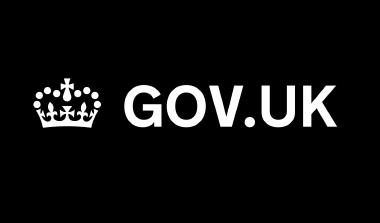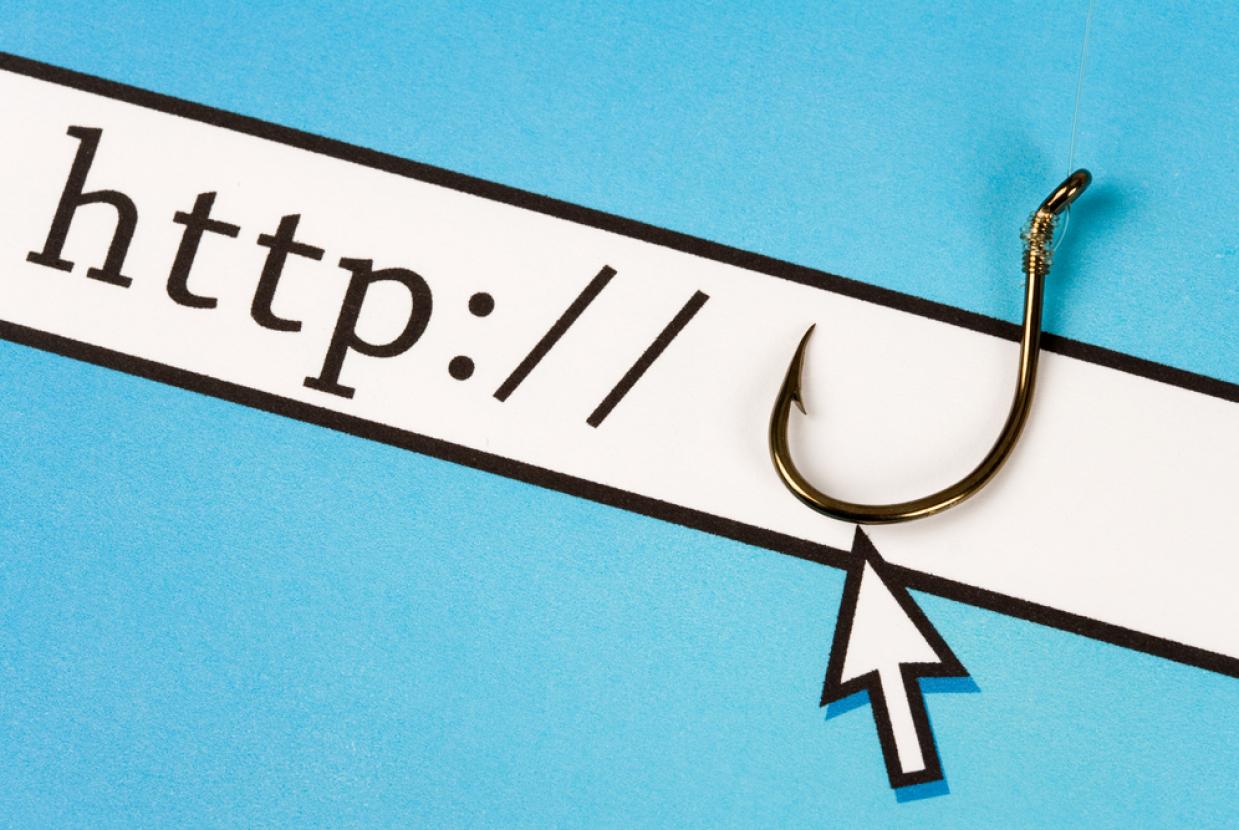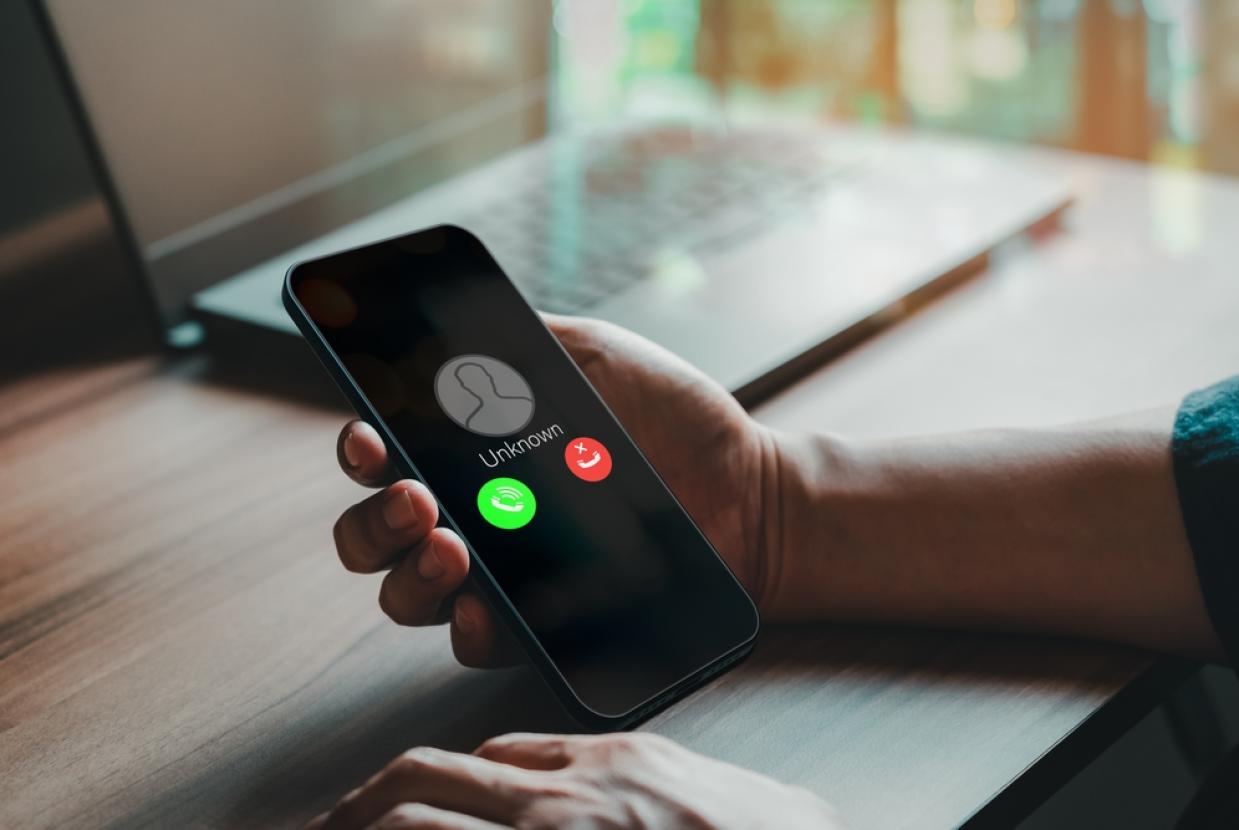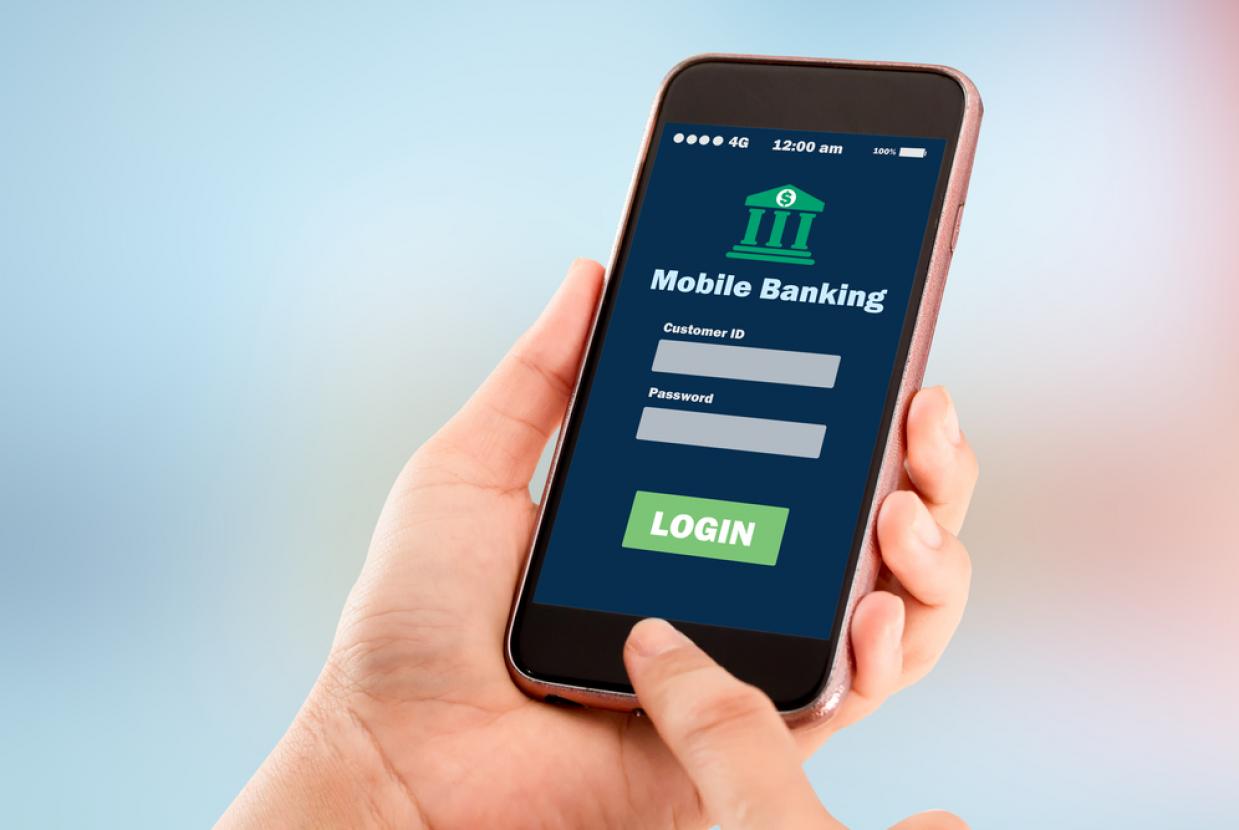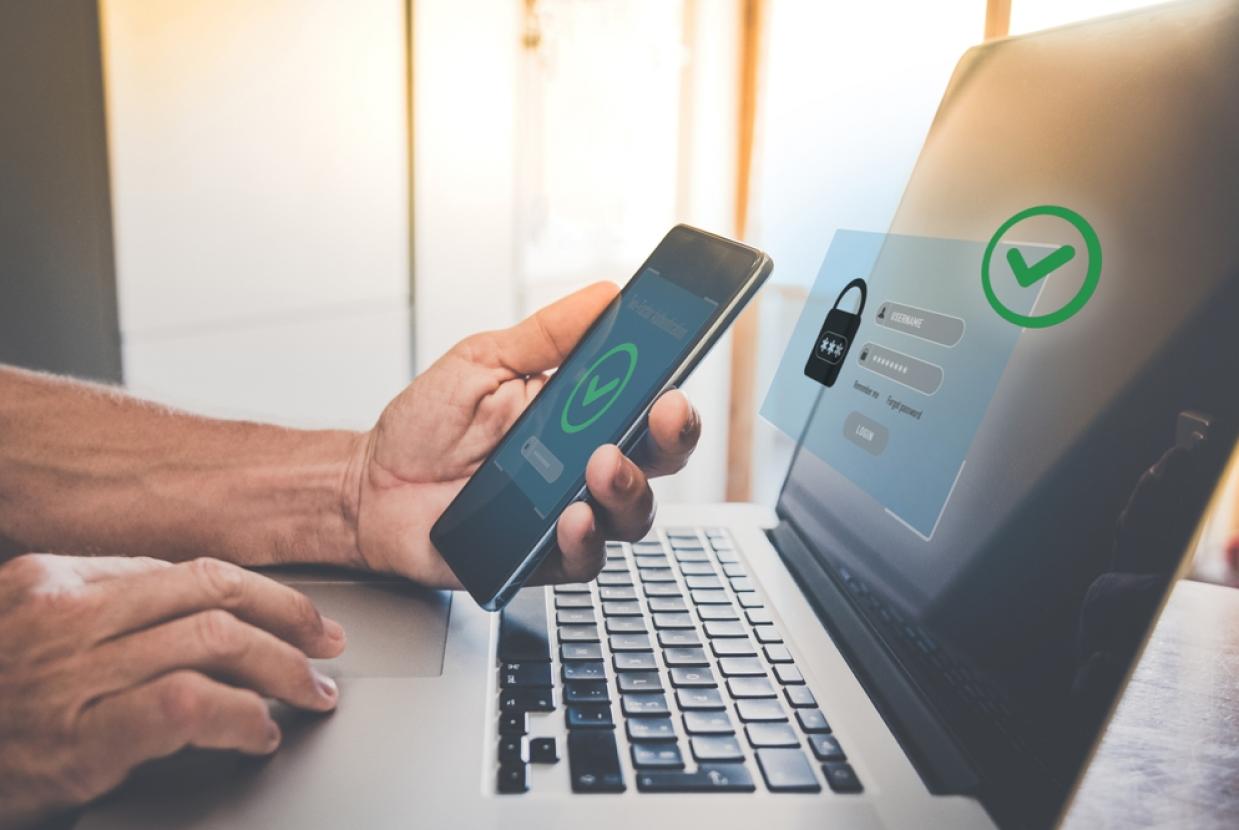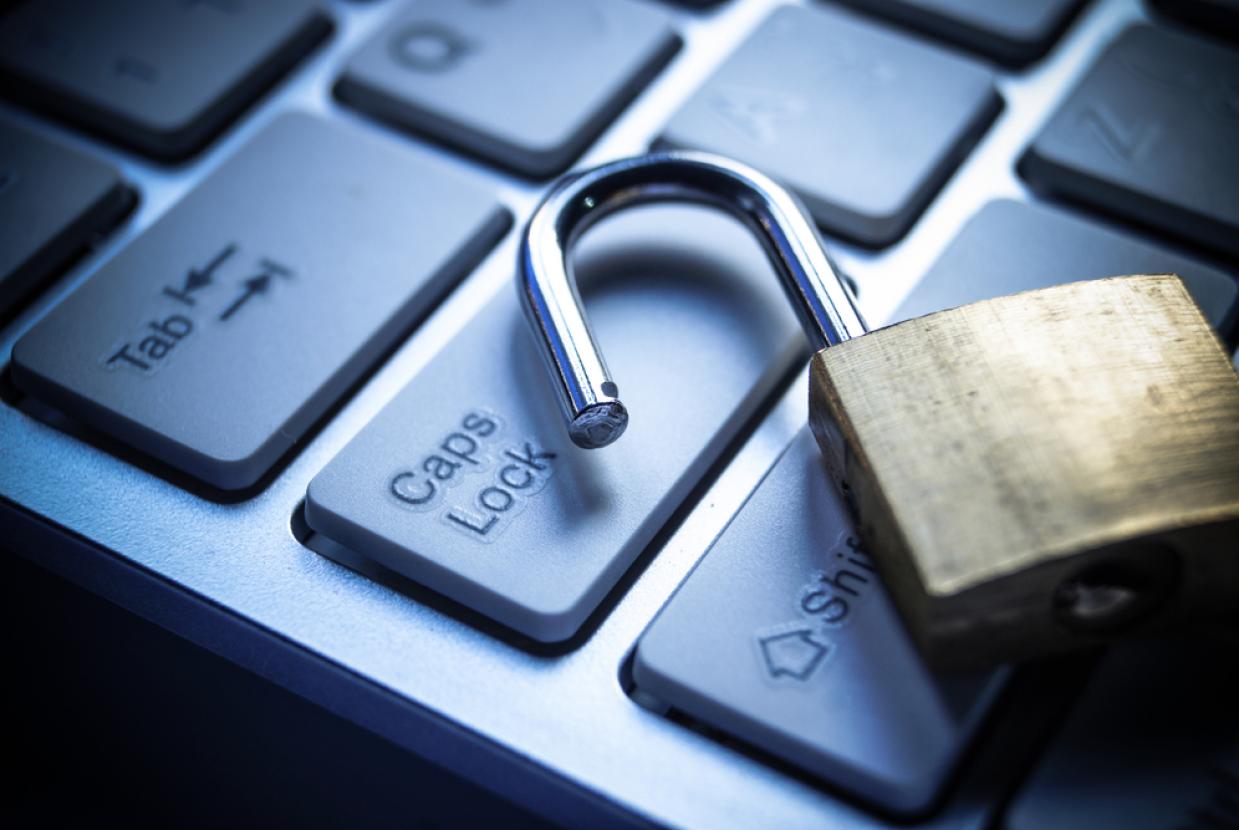Why Report Fraud?
Cyber SecurityNobody should feel embarrassed about reporting fraud. Fraudsters will use any means they can to convince people to hand over their hard-earned money. This means anybody is at risk of becoming a victim.
The more we know, the better we can help
That’s why it’s essential that you make a report whenever you experience fraud, so we can learn as much as we can about this crime and how to reduce it. Reporting fraud helps identify and stop fraudsters and, ultimately, prevent other people from being targeted.
24% of people say they’re not very likely to report fraud in the UK, but with your help, we can fight back and make it harder for the criminals.
Get support after fraud
Another good reason to report fraud is that you can be offered support to help you deal with the experience. This can cover the practical steps to recover any money or data you’ve lost, and also emotional support.
What you'll need to report to Action Fraud
Before you report to Action Fraud, gather as many details as you can about what happened. Make a note of:
- details of whoever made contact with you – name, phone number, web address, email address or social media profile URL
- supporting documents or evidence including emails, text messages or screenshots
- how you paid any money, for example credit card, debit card or bank transfer
- what alerted you to the fraud or made you suspicious
What happens after you report fraud?
After reporting fraud, it might feel like things go quiet, but rest assured the fraud teams will be working away in the background, often with partner organisations, to piece together the intelligence they’ve received. That information can lead to the prevention of fraudulent activity to protect others, as well as helping the police crack down on the criminals responsible.
Action Fraud
When you report to Action Fraud, your information is sent to the National Fraud Intelligence Bureau (NFIB), which is run by the police. The NFIB collates and analyses intelligence on fraud, identifying which lines of enquiry to pursue and passing the details on to local police forces. It’s the responsibility of police forces to assess the information referred to them and decide whether or not to open an investigation.
The police use your information to build up intelligence about fraud, including who is being targeted, who’s behind it and what tactics they’re using. This contributes to making the UK a more hostile place for fraudsters to operate in and helps to keep other potential victims safe.
National Cyber Security Centre (NCSC)
The NCSC analyse any suspicious emails and websites that are reported to them. If they conclude that the activity is malicious or fraudulent, they will work with the hosting companies to remove the malicious websites and block email addresses so they can no longer send messages.
7726
Your phone provider will investigate the origin of the text and arrange to block or ban the sender if it’s found to be malicious.
Your bank
When you report to your bank they can provide immediate help to stop suspicious payments and add security measures to your account. They also deal with requests to claim your money back. Find out what steps you can take if you’ve lost money.


